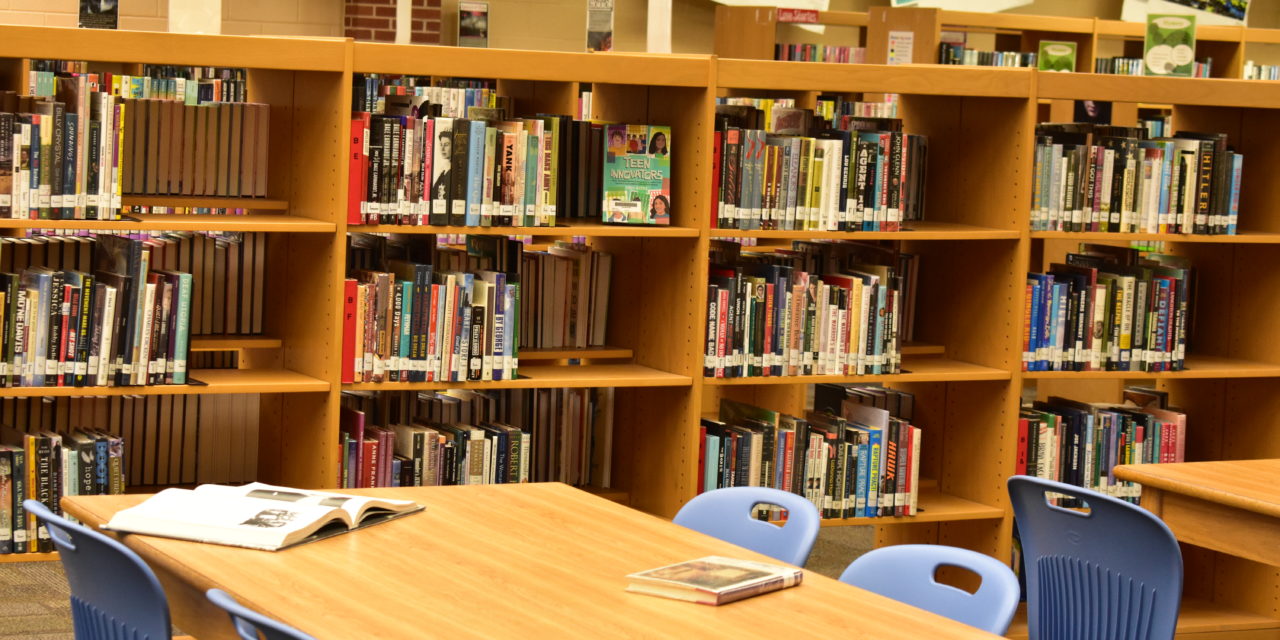By Kaitlyn Skinner.
A bill passed by the Texas Legislature and signed by Gov Greg Abbott earlier this year goes into effect today, but a federal judge granted book vendors a temporary injunction to stop the enforcement of the bill.
“I am not a fan of censorship, but I don’t consider this censorship,” English teacher James McGee said. “I’m ok with them labeling the books because it’s giving them information to make better choices.”
House Bill 900 requires all book vendors to give a rating to any book with sexual content in it. These books will either be rated “sexually relevant” or “sexually explicit” and any books that fall into the latter category will be removed from schools. All books are supposed to be rated by April 2024; however, vendors are suing the state because of the time limit and lack of resources provided to comply with the bill.
“I don’t think it’s going to help much,” Solange Nashukru said. “I think it is going to decrease the amount of readers in each school. Going from not caring to being super strict on it is not going to accomplish what they want.”
In accordance with Texas Senate Bill 13, librarian Kate Stover already has a plan in place to allow parents to monitor what their student checks out from the library.
“Our protocol is that if a parent decides that they don’t want their child to read certain books that are in the library they can email or call me or the school and we can put a note on that child’s account that they cannot check out certain books,” Stover said.
Similarly, McGee and other English teachers see the importance of giving parents insight into what their children are reading by including book titles and other information in their syllabus.
“I’m ok with parents being the boss,” McGee said. “I actually think that’s a good idea. The more we have parents involved in education the better.”
Although the bill is characterized as a child protection bill, Nashukru believes that students will find a way around the protocols set in place.
“I feel that if a high school student wants to read something they will find a way outside of school,” Nashukru said. “If they are going to read the book anyway, why not do it supervised?”










